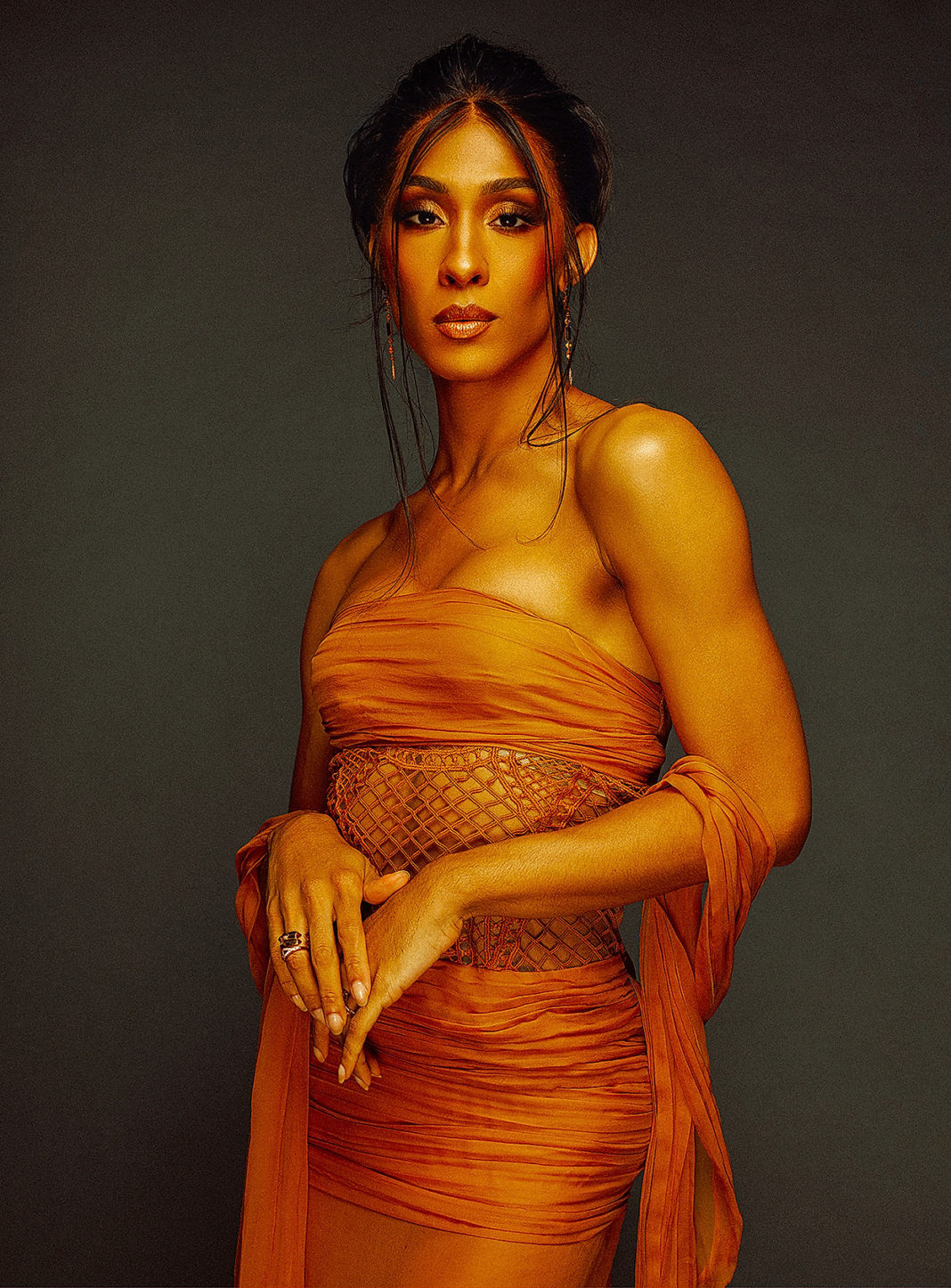Eleven LGBTQ+ Musicians Reflect on the Albums That Transformed Their Lives
Pride celebrations often center around anthems that encapsulate the season’s spirit. Last year, Kylie Minogue’s “Padam Padam” dominated, while this year, Charli XCX’s “Brat” enjoys similar social media acclaim. Music, irrespective of genre, fuels the creativity within the queer community, offering LGBTQ+ individuals a means to understand themselves and their passions. Pride represents both liberation and celebration, and music serves as a powerful tool for self-discovery.
In honor of Pride 2024, several prominent musicians shared their most impactful albums and the associated memories.
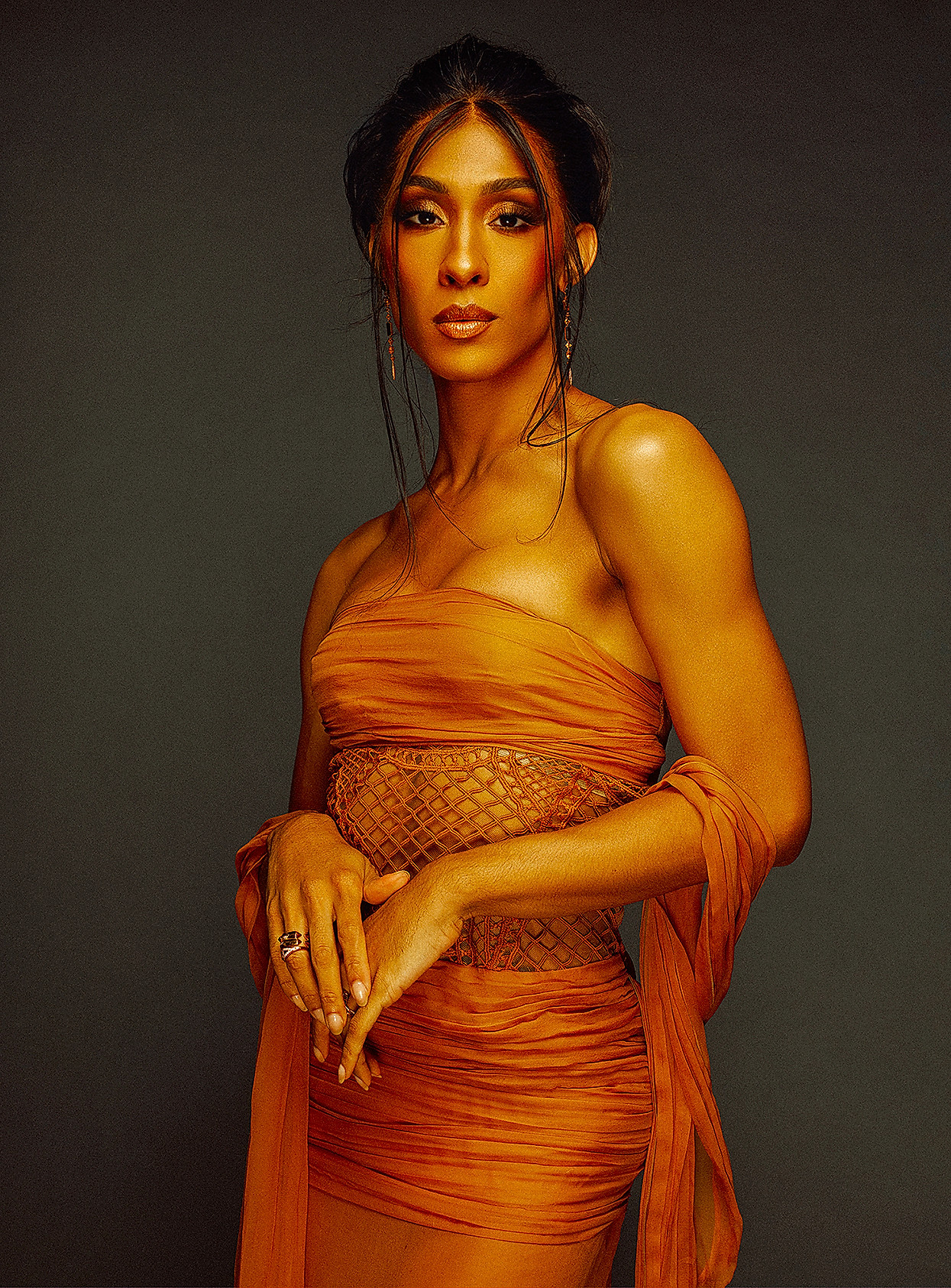
Michaela Jae Rodriguez: The Miseducation of Lauryn Hill (1998)
Lauryn Hill’s musical narrative deeply resonated with Michaela. The album was a constant presence in her home. As a first-grader in Jackson, New Jersey, she and her cousin were captivated by “Doo Wop (That Thing).” Their pre-existing fascination with Sister Act 2, featuring Hill, intensified their enthusiasm. The album’s impact stemmed from Hill’s honest portrayal of life’s complexities—love, motherhood, and societal observations. It provided Michaela with valuable insights into her identity as a queer person of color. The song “Everything Is Everything” holds particular significance, its powerful message illustrating the world’s continuous motion.
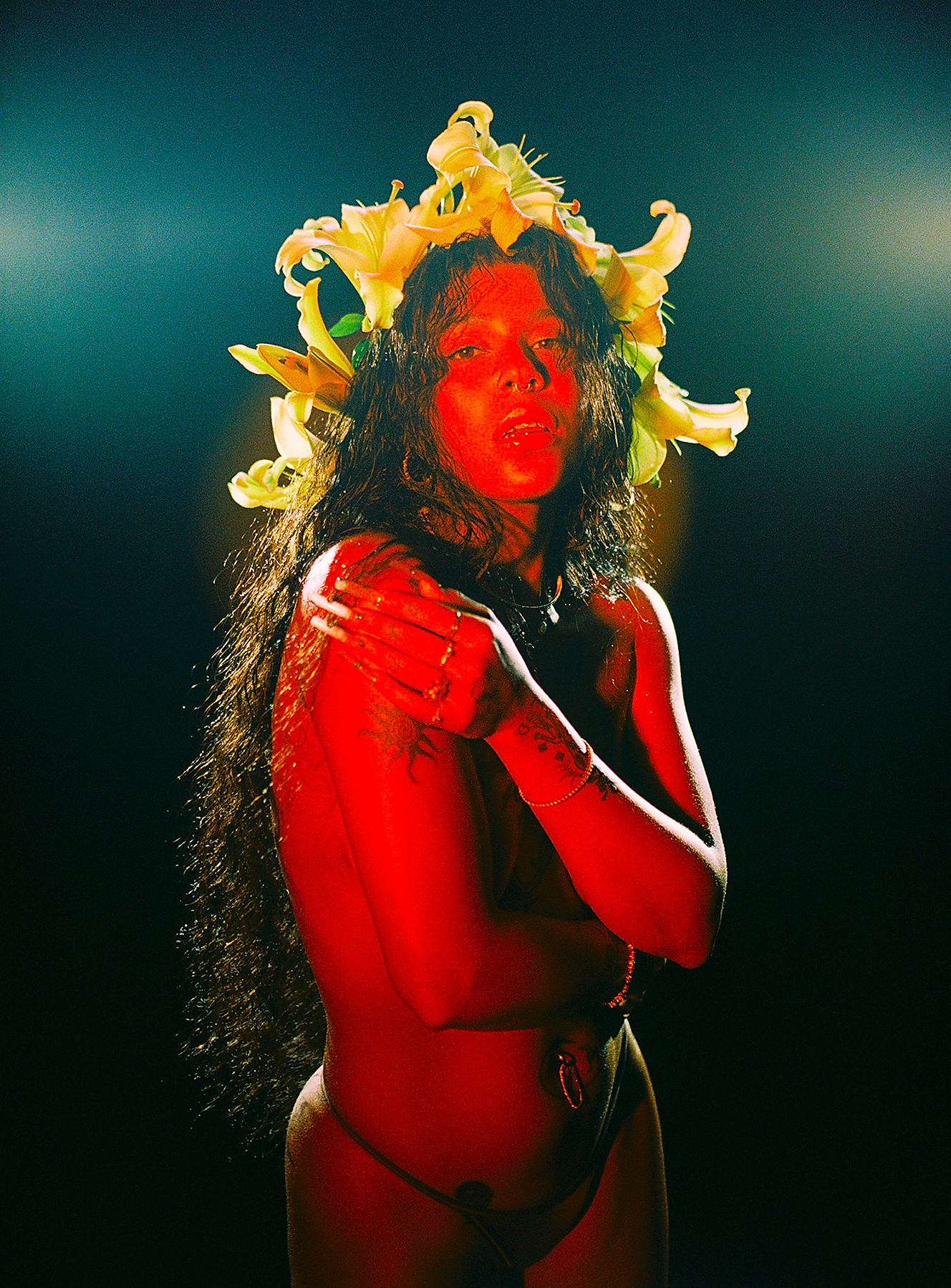
Tokischa: Rihanna’s Entire Discography (2005–present)
Rihanna’s entire musical output has served as inspiration for Tokischa. Each album embodies a distinct creative phase, aiding in Tokischa’s self-discovery as an artist and individual. Rihanna’s performances evoked strong emotional responses, solidifying Tokischa’s artistic aspirations. Early memories involved obtaining Rihanna’s music and immersing herself in the lyrics and biography. For Tokischa, music embodies freedom—unrestricted self-expression and authentic connection with her community.
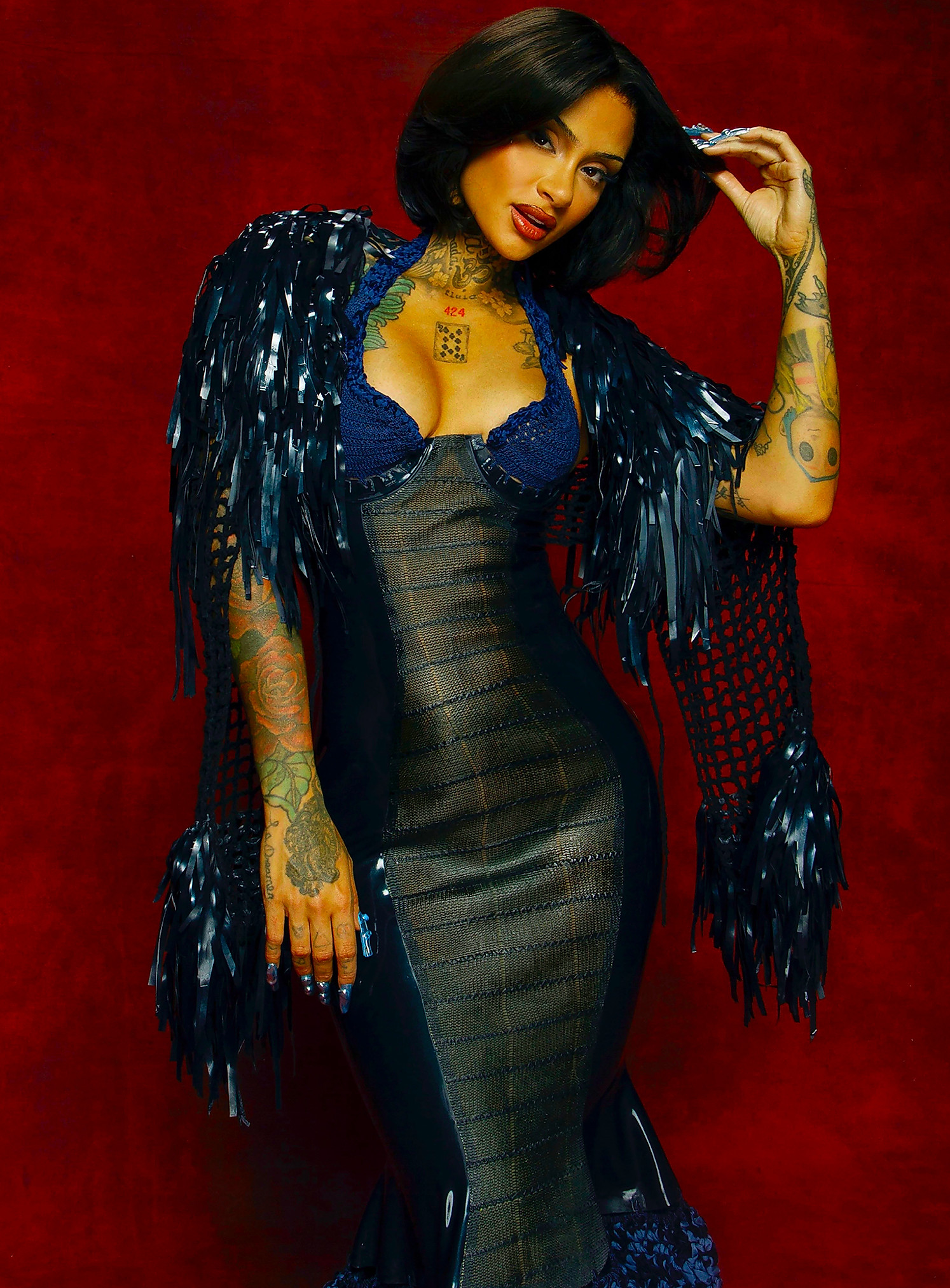
Kehlani: Full Moon by Brandy (2002)
Kehlani views music as integral to Pride’s celebratory nature, associating it with joy and liberation. Brandy’s Full Moon proved transformative. Brandy’s genre-bending approach, creating a contemporary and futuristic R&B sound, left a lasting impression on Kehlani.
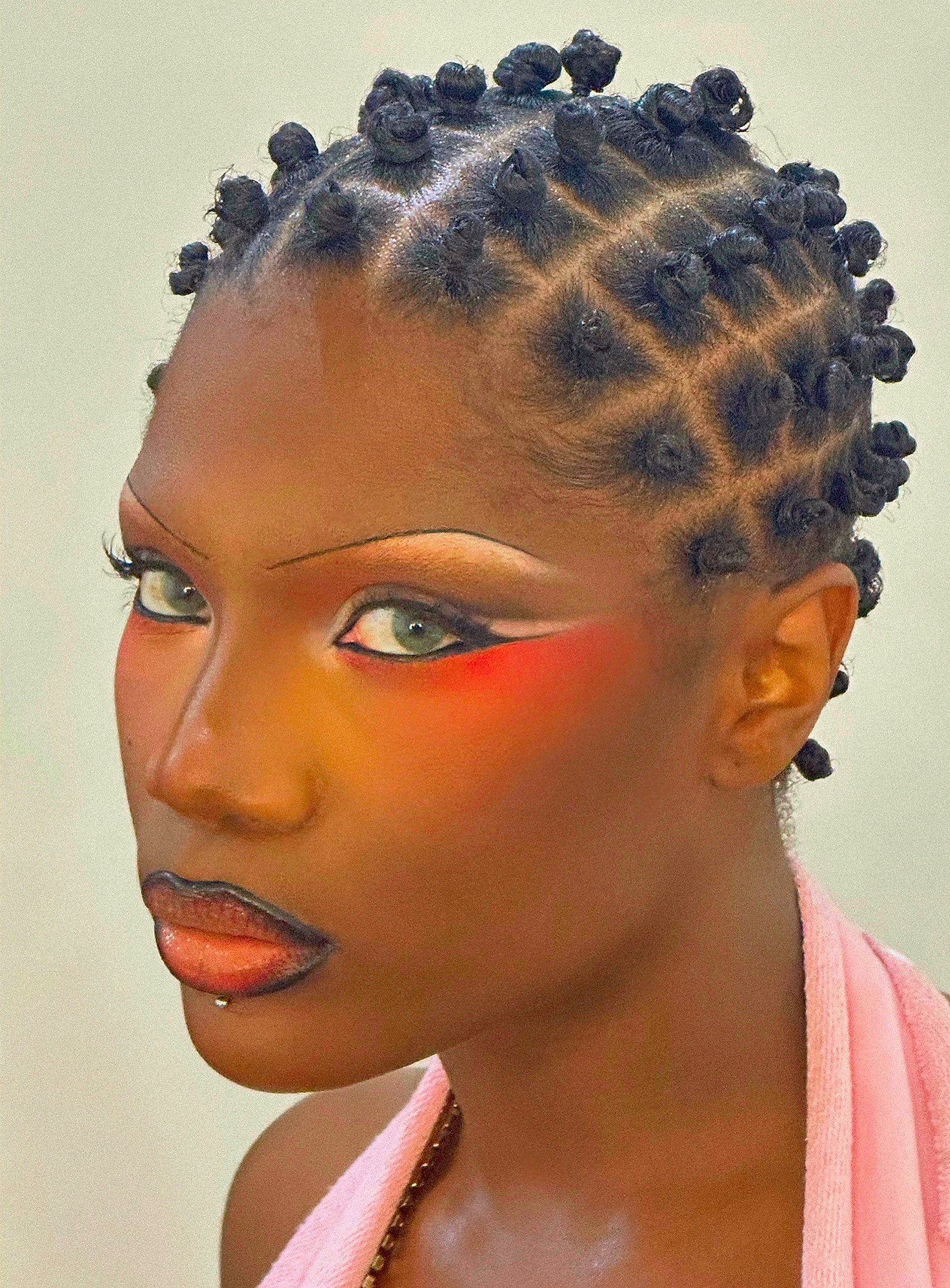
Doechii: My Beautiful Dark Twisted Fantasy by Kanye West (2010)
Doechii cites My Beautiful Dark Twisted Fantasy as a pivotal album, fostering a belief in limitless musical potential. The album’s impact remains vivid in Doechii’s memory. Music, for Doechii, embodies self-expression and empowerment, transcending boundaries and fostering connections through shared experiences. It encapsulates the essence of Pride by celebrating individuality and authenticity.
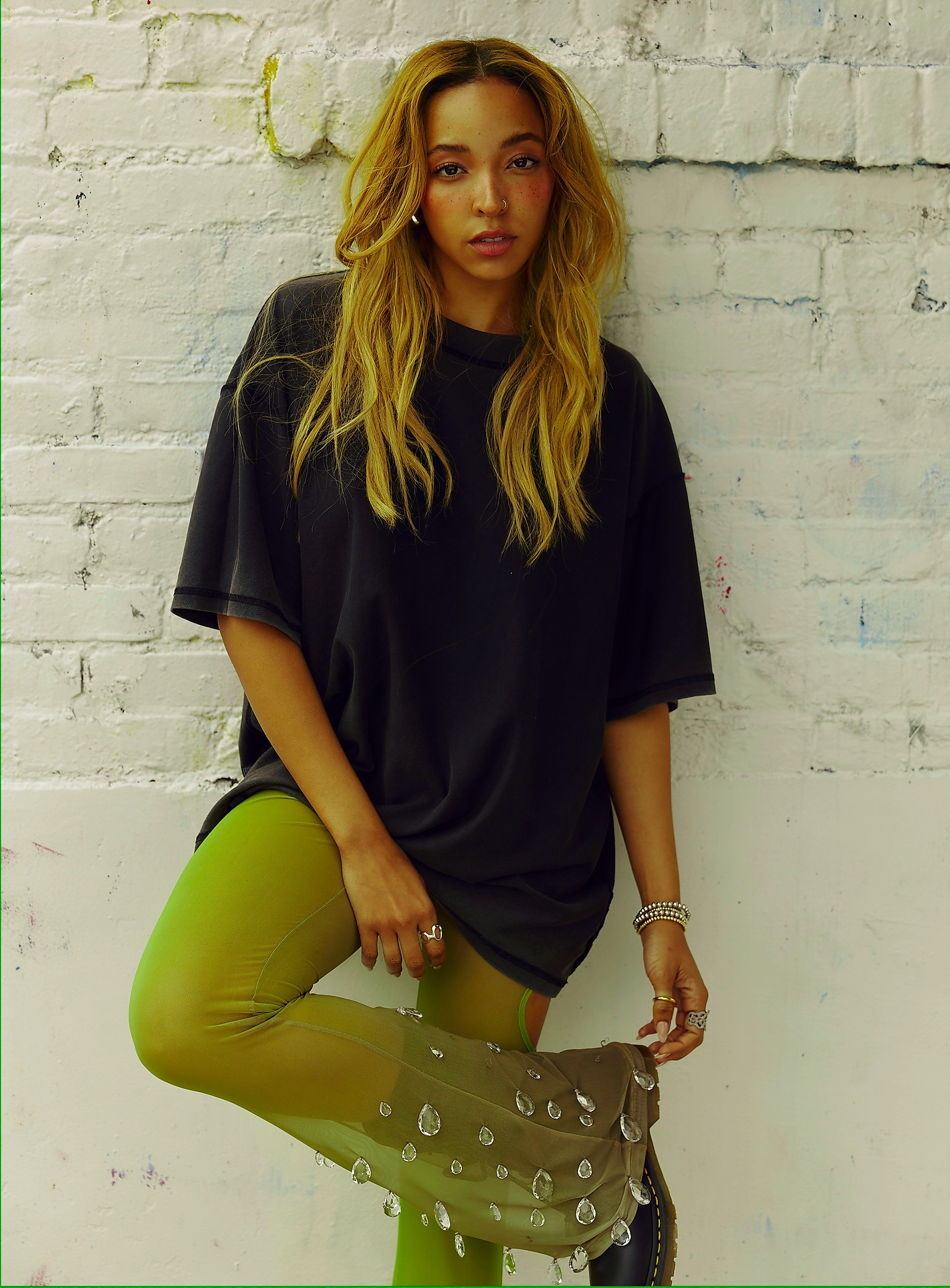
Tinashe: The Velvet Rope by Janet Jackson (1997)
The Velvet Rope is Tinashe’s favorite album, serving as a model for creating diverse and sonically rich works. The album’s message of freedom deeply resonates with Tinashe, admiring Jackson’s advocacy for liberation.
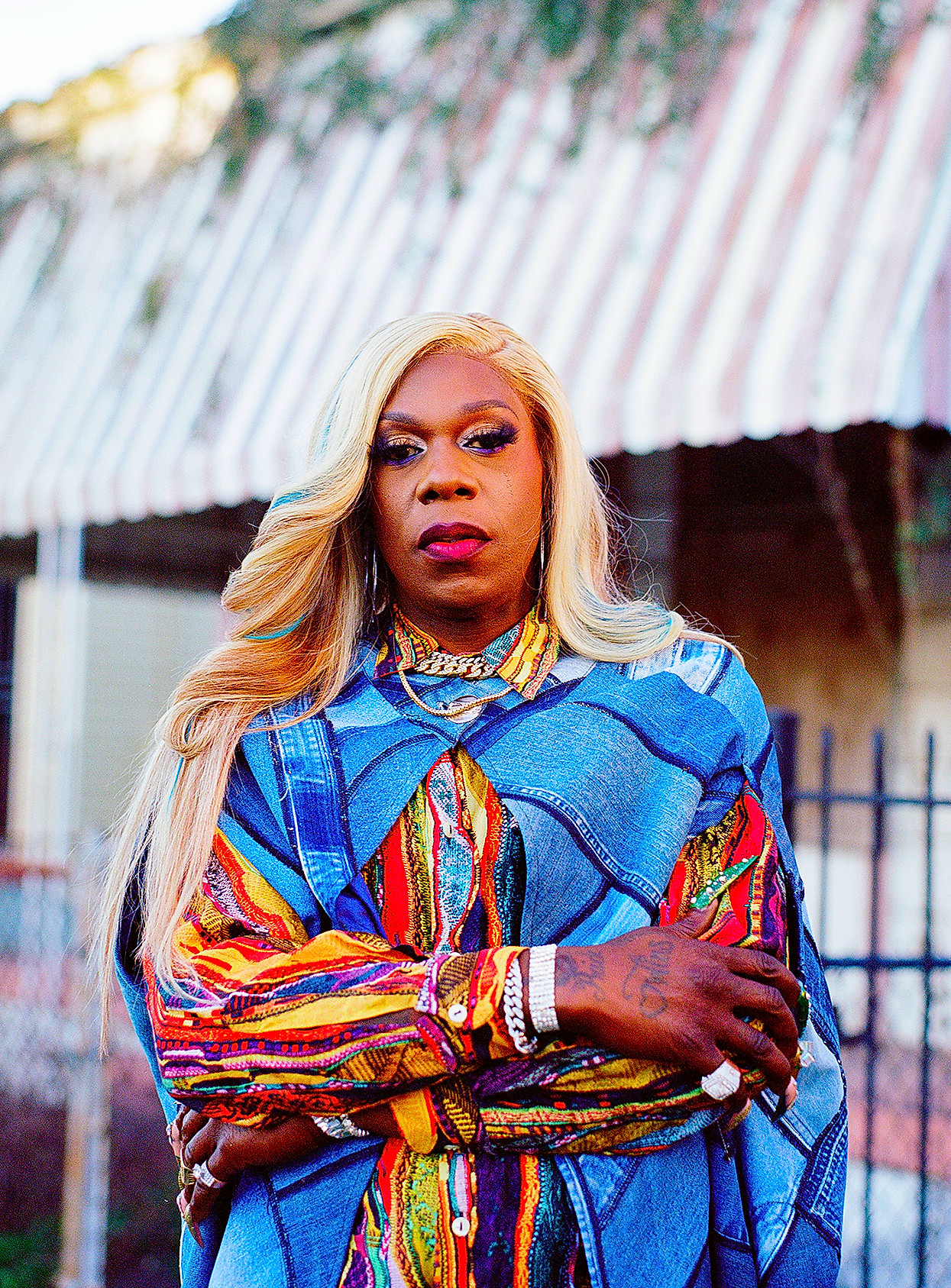
Big Freedia: The Music of Sylvester (1977–1988)
Big Freedia’s identity and music are intrinsically linked. Sylvester’s music stands out, particularly the unapologetically gay themes in his early work. Discovering Sylvester’s music in a club during her teenage years opened new horizons. The songs “You Make Me Feel (Mighty Real)” and “Dance (Disco Heat)” were particularly impactful, inspiring Freedia’s artistic path.
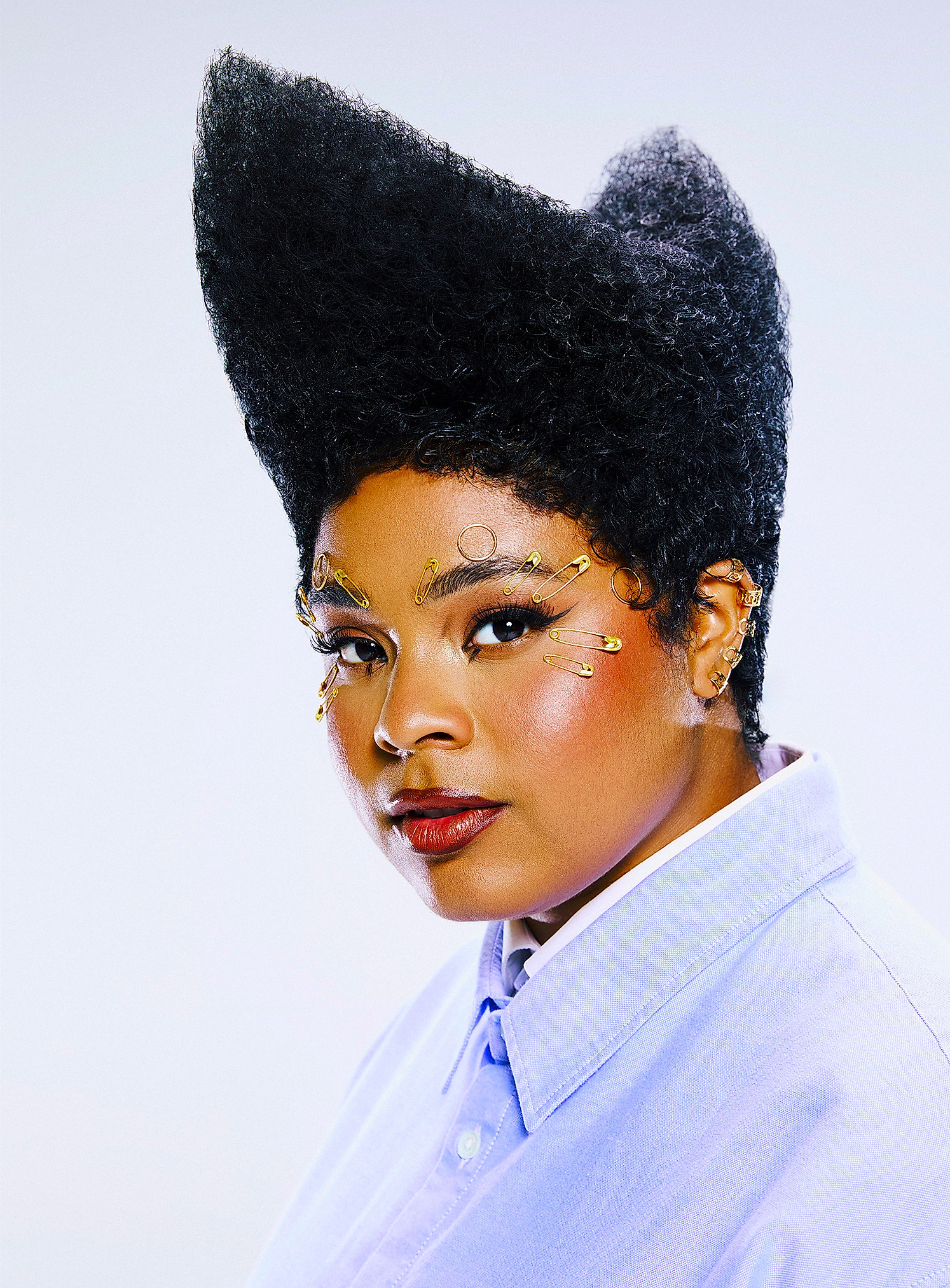
Tayla Parx: I’m Not Your Man by Marika Hackman (2017)
Tayla Parx identifies Marika Hackman’s I’m Not Your Man, specifically the song “Boyfriend,” as artistically and personally significant, particularly relating to her experiences as a queer individual. The album’s diverse influences maintained Parx’s engagement. Music, for Parx, provides solace and validation.
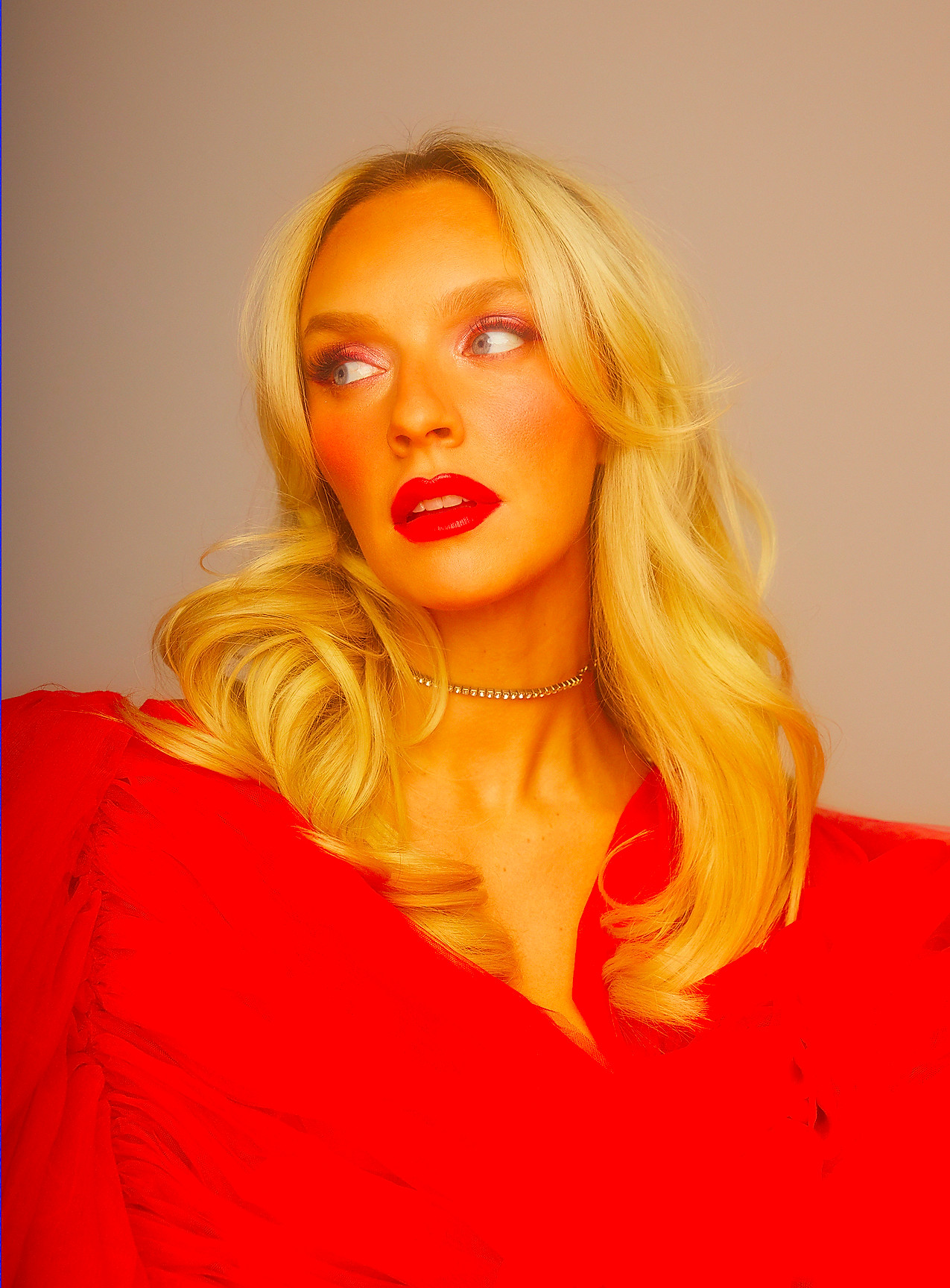
Zolita: The Fame Monster by Lady Gaga (2009)
Zolita credits queer artists’ music with helping her embrace her identity. Lady Gaga’s The Fame Monster, along with its music videos, significantly impacted Zolita’s career. Gaga’s open queerness and mainstream success served as inspiration, and the Gaga fandom provided a sense of community. A memorable experience includes attending the Chromatica Ball with fellow fans.
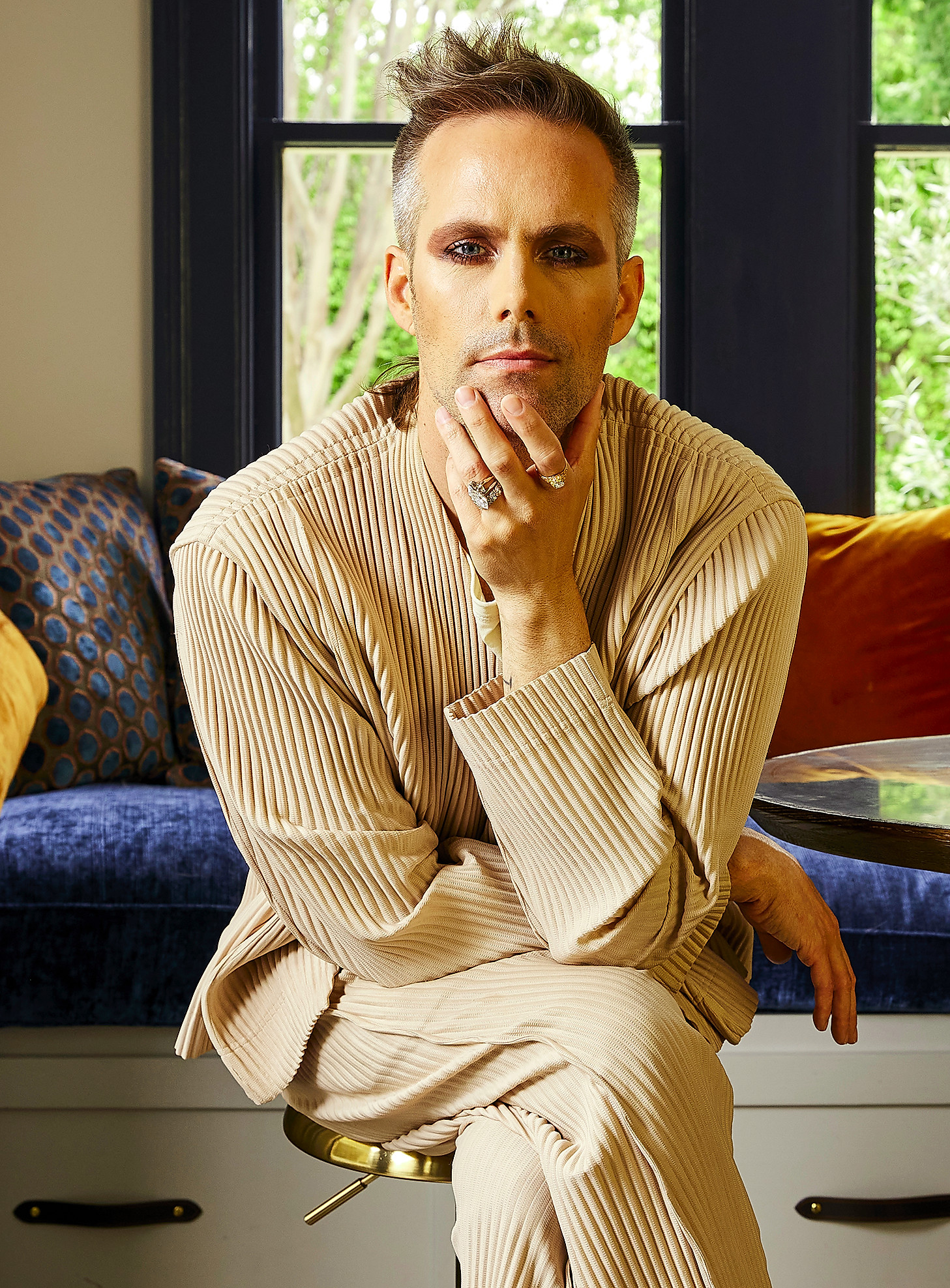
Ani DiFranco: Little Plastic Castle (1998)
Ani DiFranco’s Little Plastic Castle deeply resonated with DiFranco, particularly songs exploring queer love, political themes, and self-reliance. The album’s impact is further emphasized by a memorable experience on a train ride home.
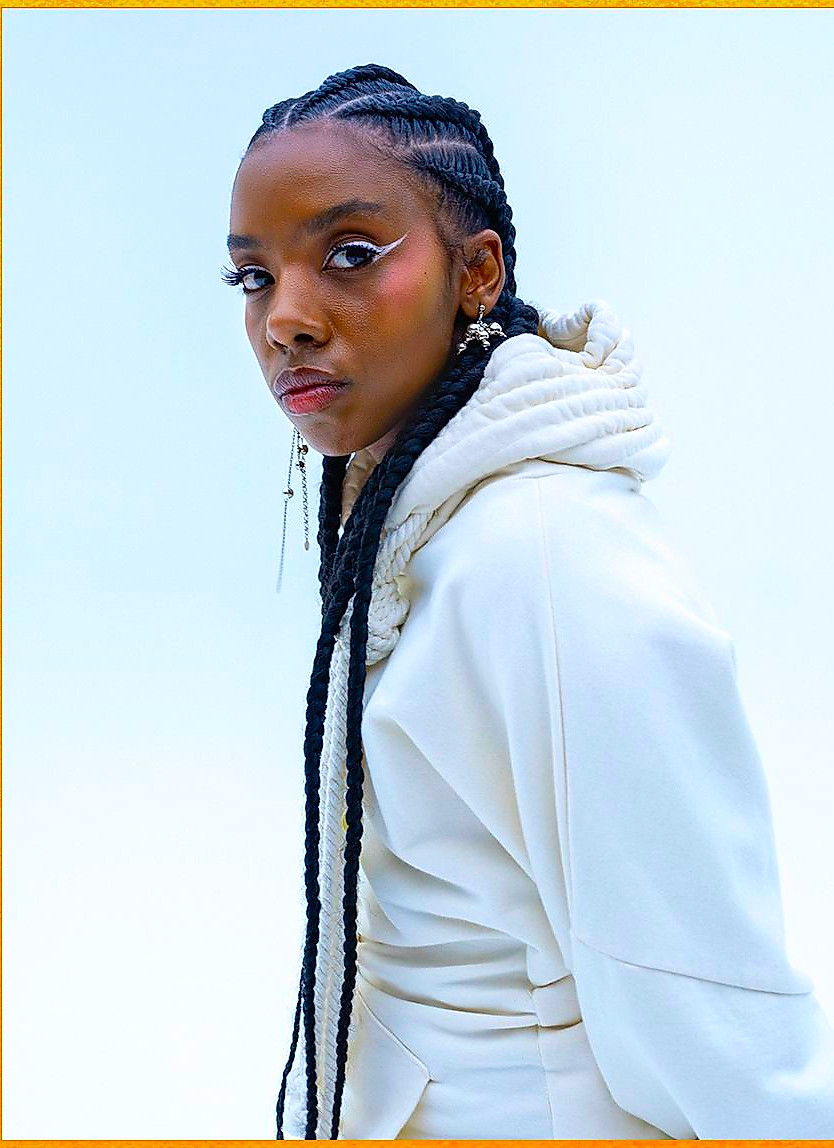
Dua Saleh: The Emancipation of Mimi by Mariah Carey (2005)
Dua Saleh identifies Mariah Carey’s The Emancipation of Mimi as a defining album, reflecting the shared appreciation between the LGBTQ+ community and Carey. The album’s impact on pop and R&B is noted, along with Carey’s storytelling abilities. Saleh’s musical creation often draws on childhood memories, before societal expectations shaped their identity.
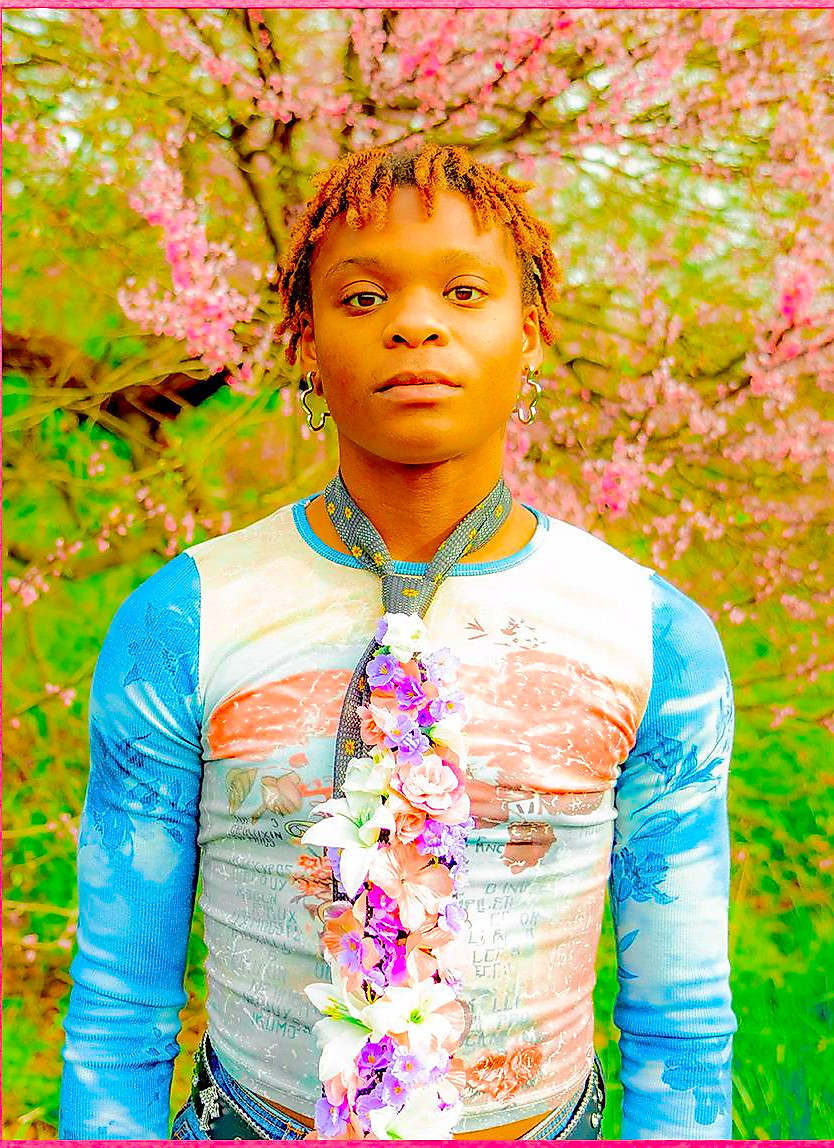
Dreamer Isioma: Princess Forever (2023)
Dreamer Isioma highlights their own album, Princess Forever, as significant, reflecting a phase of their transition and celebrating queer love. The album’s release party, attended while under the influence of psilocybin mushrooms, stands out as a memorable experience. Music and Pride are intrinsically connected for Isioma, symbolizing freedom and self-expression.
